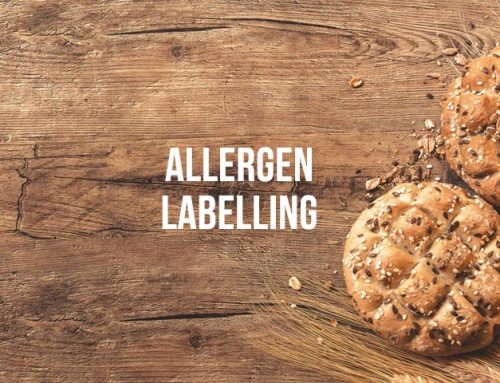Electrolyte drinks – changes to Standard 2.6.2 with 24 month transition
FSANZ has approved an amended final draft variation to electrolyte drinks that aim to provide regulatory clarity, support product innovation for the category within the Australia and New Zealand market and support informed consumer choices. The amendments also reflect current public health policy to reduce the amount of sugar contained in sugar sweetened beverages. The changes were undertaken via P1030 – Composition and labelling of electrolyte drinks.
FSANZ considers the revised approach, specifically in relation to nutrition content and health claims, is consistent with its assessment of the scientific evidence (Supporting Document 1), relevant European Union claim permissions (Appendix 1) and European Food Safety Authority opinions on health claims.
Standard 2.6.2 will continue to regulate electrolyte drinks. Transferring the provisions that regulate electrolyte drinks from Standard 2.6.2 to Standard 2.9.4 of the Code will, if required, be further considered in Proposal P1010 – Review of Formulated Supplementary Sports Foods.
The variation will:
- Amend the definition of ‘electrolyte drink’ to align more closely with compositional requirements and ensure product differentiation.
- Prescribe the name ‘electrolyte drink’ to enable improved identification of electrolyte drinks among similar products not regulated as electrolyte drinks.
- Reduce the minimum requirement for carbohydrate in electrolyte drinks from 50 g/L to 20 g/L. This is to facilitate product innovation and allow manufacturers to develop healthier electrolyte drink options.
- Limit the maximum fructose permitted in electrolyte drinks to 50% of the total amount of carbohydrate to reflect the scientific evidence regarding both carbohydrate utilisation and the adverse effects of a high-fructose intake during physical activity.
- Prohibit health claims on electrolyte drinks, including self-substantiated health claims, other than three pre-approved health claims on electrolyte drinks with an average osmolality of 200-340 mOsm/kg, with specific requirements that the claims refer to effects occurring under conditions of strenuous physical activity for a minimum time period of 60 minutes to reflect these products’ intended purpose.
- Limit nutrition content claims on electrolyte drinks to their compositional constituents: carbohydrate; sugar or sugars; energy; and/or electrolytes (calcium, sodium, magnesium, potassium and chloride) to reflect these products’ intended purpose and reduce the potential for consumers to be misled.
- Prohibit % Recommended Dietary Intake (%RDI) declarations on electrolyte drinks to differentiate the addition of calcium and/or magnesium to function as electrolytes not minerals.
- Amend the units of osmolality to ‘per kilogram’ for compositional requirements, while retaining current labelling declaration unit requirements using ‘per litre’.
- Include a two year transition period to allow for the long shelf-life of electrolyte drinks, and to assist manufacturers to ready themselves to comply with the new requirements.







